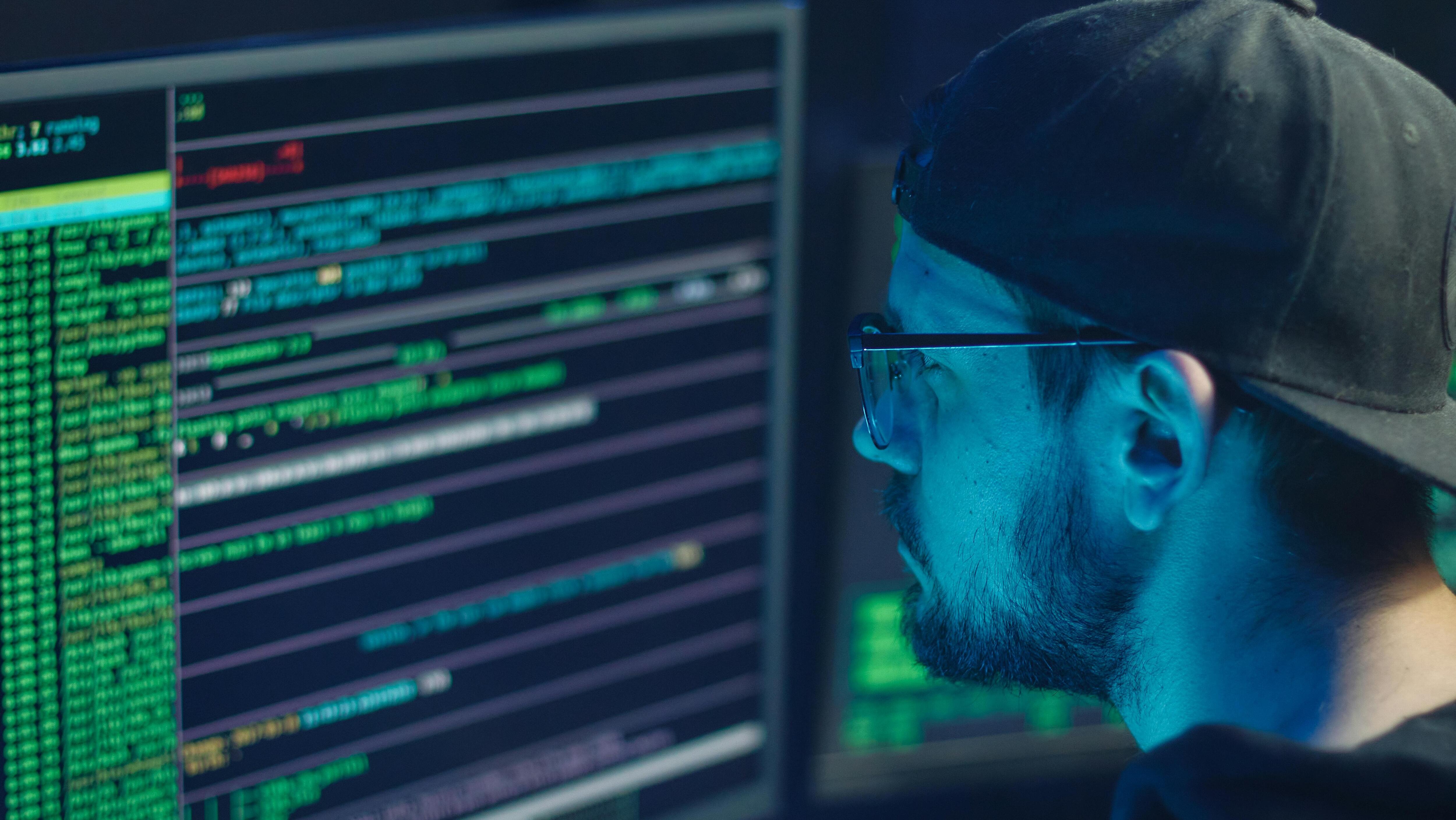A United States federal jury has ordered Israeli spyware maker NSO Group to pay almost US$168 million (A$258.46 million) million to Meta Platforms for hacking into more than 1,000 WhatsApp accounts.
The order made on Tuesday (Wednesday AEST) includes $167.25 million in punitive damages and $444,719 in compensatory damages, a total that sets a record for penalties in cases involving the abuse of digital surveillance tools.
U.S. District Judge Phyllis J. Hamilton granted WhatsApp’s motion for summary judgment against NSO Group, finding that it had violated the U.S. Computer Fraud and Abuse Act and a similar California law with its Pegasus spying program known as.
The verdict on the second day of deliberations in the damages phase of the trial in Oakland, California was the latest development in a six-year tussle between America's biggest social networking platform and the world's best-known spyware company.
"This ruling sends a clear message: spyware companies like NSO Group cannot break U.S. law with impunity," a Meta spokesperson was quoted as saying.
"We will continue to work to protect our users and hold malicious actors accountable."
NSO, which argued it should be immune from prosecution because it operated on behalf of sovereign governments, said it would probably appeal.
The Israeli company said it would "carefully examine the verdict's details and pursue appropriate legal remedies, including further proceedings and an appeal."
Meta, the parent company of WhatsApp along with Facebook and Instagram, launched legal action in 2019 after discovering that NSO's powerful Pegasus spyware had been surreptitiously installed on the phones of journalists, human rights activists, diplomats, and government officials through a vulnerability in WhatsApp's video calling function.
The spyware, developed for state clients, enabled full access to users' cameras, microphones, and private data, even without the call being answered.
The decision sets a precedent for platform operators to take legal action against private spyware firms, and raises the stakes for commercial surveillance companies which have previously operated with little legal consequences.



